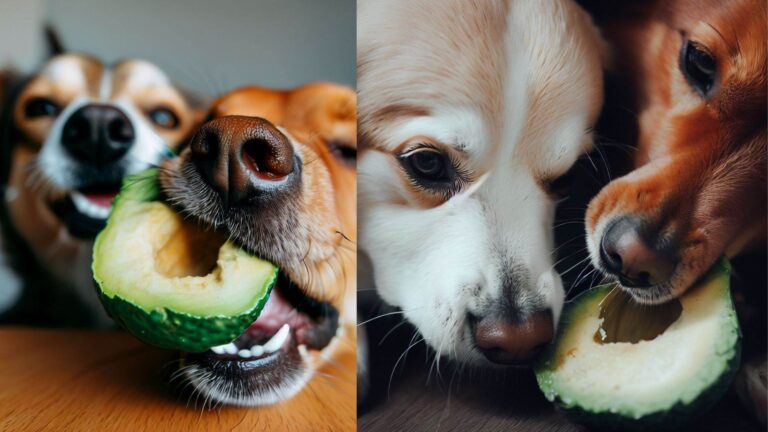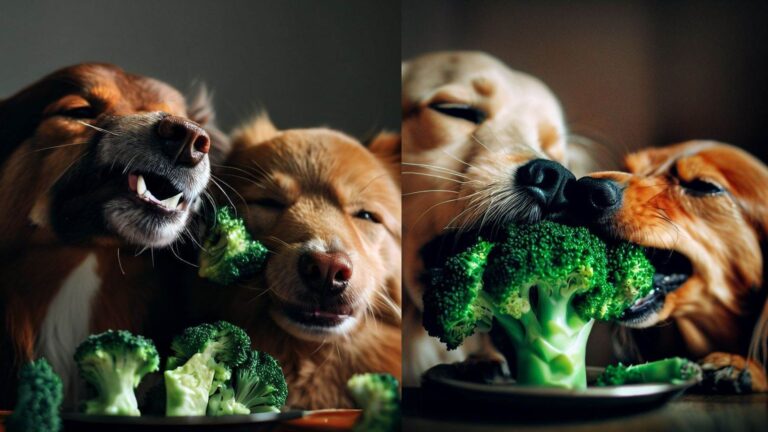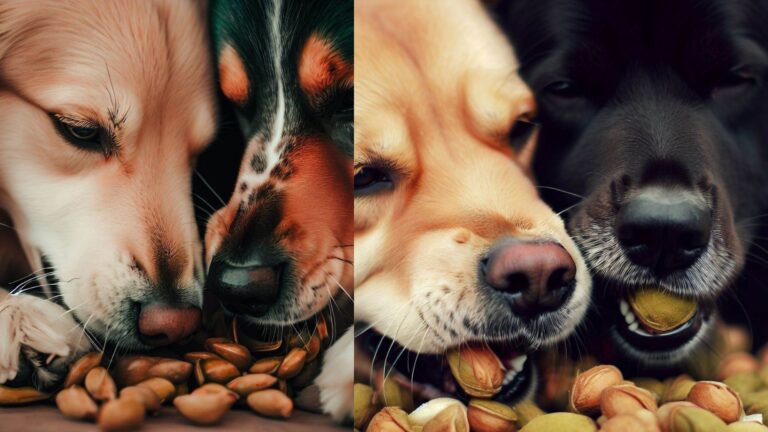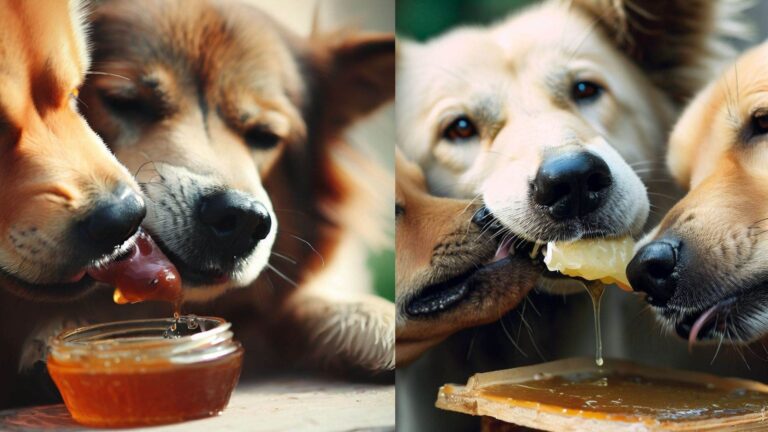Dogs are often treated as family members, so it’s only natural to want to share our food with them. However, not all human foods are safe for dogs to eat, and it’s essential to know which ones are safe and which ones are not. One food that many people wonder about is olives. Can dogs eat olives? The answer is not straightforward, and it depends on several factors.
Table of Contents
What Are Olives?
Olives are a fruit that comes from the olive tree. They are commonly used in cooking and as a condiment. Olives are typically grown in Mediterranean countries and are a staple in their cuisine. There are many varieties of olives, including black, green, and Kalamata. Olives can be eaten whole, sliced, or pitted.
Can Dogs Eat Olives?
In general, olives are not toxic to dogs, and eating a few olives is unlikely to cause any harm. However, olives are high in fat, and eating too many olives can cause digestive issues such as vomiting and diarrhea. In addition, some dogs may have an allergic reaction to olives, so it’s important to monitor your dog closely when introducing them to new foods.
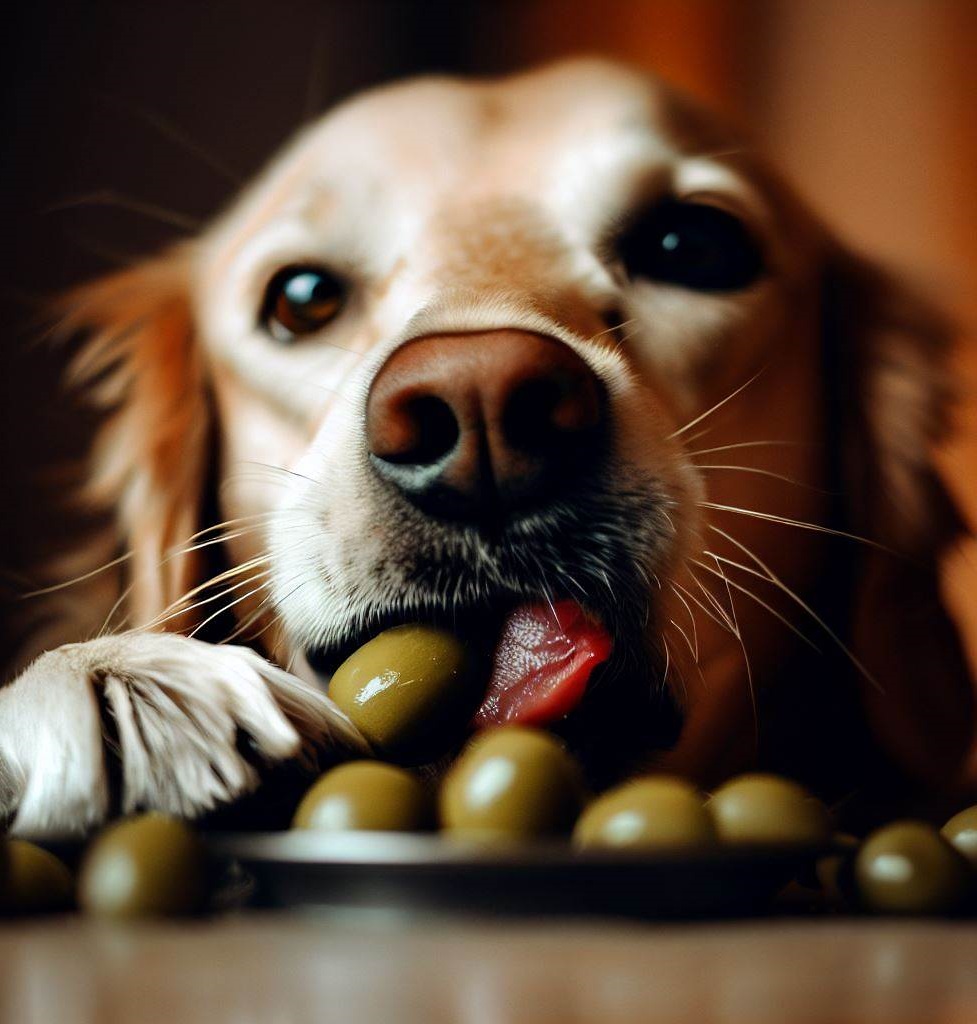
It’s also worth noting that olives are often pickled in brine or oil, which can be high in sodium. Too much sodium can lead to dehydration and other health issues in dogs, so limiting your dog’s intake of olives is best.
Pros and Cons of Feeding Olives to Dogs
Feeding olives to dogs can have both pros and cons. Here are some of the potential benefits and drawbacks to consider:
Pros:
- Good source of healthy fats: Olives are a good source of healthy fats, which can support your dog’s skin and coat health.
- Rich in antioxidants: Olives contain antioxidants, which can help protect your dog’s cells from damage caused by free radicals.
- Can provide a healthy snack: Olives can be a healthy and low-calorie snack for dogs when given in moderation.
Cons:
- High in sodium: Olives, especially those pickled in brine or oil, can be high in sodium. Too much sodium can cause health issues in dogs, such as high blood pressure and kidney damage.
- High in fat: While olives contain healthy fats, they are still high in fat overall, which can cause digestive issues and weight gain in dogs if consumed in large quantities.
- Can cause digestive upset: Some dogs may experience digestive upset, such as vomiting and diarrhea if they eat too many olives or are sensitive to them.
- Potential for allergies: Some dogs may have an allergic reaction to olives, so it’s important to monitor your dog closely when introducing them to new foods.
- Not nutritionally complete: While olives can provide some health benefits, they are not nutritionally complete and should not be relied upon as a primary source of nutrition for your dog.
While olives can provide some health benefits for dogs, they should be given in moderation and as a part of a balanced and complete diet. It’s always important to consult with your veterinarian before introducing new foods to your dog’s diet, especially if your dog has any underlying health conditions or dietary restrictions.
What Type Of Olives Can My Dog Eat?
When it comes to feeding olives to your dog, it’s important to choose the right type of olives. In general, plain, pitted olives are safe for dogs to eat, while olives stuffed with other foods, such as cheese or garlic, should be avoided.
When selecting olives for your dog, it’s best to choose fresh olives over canned or pickled ones. Fresh olives have a milder flavor and are less likely to upset your dog’s stomach.
It’s also important to note that different types of olives have different nutritional values. Green olives and black olives are both safe for dogs to eat, but green olives are higher in sodium, while black olives are higher in fat. Kalamata olives, a popular type of olive, are safe for dogs to eat but are typically pickled in brine and are high in sodium.
Generally, it’s best to give your dog plain, fresh, and pitted olives in moderation.
How to Feed Olives to Your Dog?
If you decide to feed olives to your dog, it’s important to do so in moderation and to introduce them gradually. Start by giving your dog a small piece of olive and monitor them closely for any signs of digestive upset or allergic reaction. If your dog tolerates the olive well, you can gradually increase the amount you give them.
It’s also important to avoid giving your dog olives stuffed with other foods, such as cheese or garlic, as these can harm dogs. Stick to plain, pitted olives, and avoid giving your dog olives that have been pickled in brine or oil.
Read More: Can Dogs Eat Black-Eyed Peas?
FAQs

Are olives toxic to dogs?
No, olives are not toxic to dogs, but eating too many olives can cause digestive issues.
Can dogs eat any type of olives?
In general, plain, pitted olives are safe for dogs to eat, while olives stuffed with other foods, such as cheese or garlic, should be avoided.
Can dogs eat olives that are pickled in brine or oil?
While olives pickled in brine or oil are not toxic to dogs, they are high in sodium and fat, which can cause health issues in dogs.
How many olives can I give my dog?
It’s best to give your dog olives in moderation and start with a small amount, gradually increasing the amount over time.
Can olives provide any health benefits for dogs?
Olives are a good source of healthy fats and antioxidants, which can support your dog’s skin and coat health.
Can olives cause digestive issues in dogs?
Eating too many olives can cause digestive issues such as vomiting and diarrhea in dogs.
Can olives cause allergies in dogs?
Some dogs may be allergic to olives, so it’s important to monitor your dog closely when introducing them to new foods.
Can olives be a regular part of my dog’s diet?
Olives should not be a regular part of your dog’s diet but can be given in moderation as an occasional treat.
Can puppies eat olives?
It’s generally safe for puppies to eat olives, but it’s important to introduce them gradually and monitor them for any signs of digestive upset.
Should I consult with my veterinarian before feeding my dog olives?
If you have any concerns or questions about feeding olives to your dog, it’s always best to consult your veterinarian.
Can dogs eat olives black?
Yes, dogs can eat black olives. Black olives are safe for dogs to eat but are higher in fat than green olives, so it’s important to give them to your dog in moderation.
Can dogs eat olives with pimentos?
Dogs can eat olives with pimentos, but it’s important to remember that pimentos are often high in sodium and may contain other ingredients that are not ideal for your dog’s health. If you give your dog olives with pimentos, ensure they are fresh, plain, and pitted. It’s also best to give them to your dog in moderation, as too many olives can cause digestive upset.
Can dogs eat olives in brine?
While olives in brine are not toxic to dogs, they are not recommended to be regularly included in their diet. Olives in brine are typically high in sodium and may contain other preservatives or additives that can harm your dog’s health if consumed in large quantities.
Conclusion
In summary, while olives are not toxic to dogs, they should be given in moderation and monitored closely for any signs of digestive upset or allergic reaction. Olives are high in fat and sodium, so they should not be a regular part of your dog’s diet. If you’re unsure whether to feed olives to your dog, it’s always best to consult with your veterinarian first.

